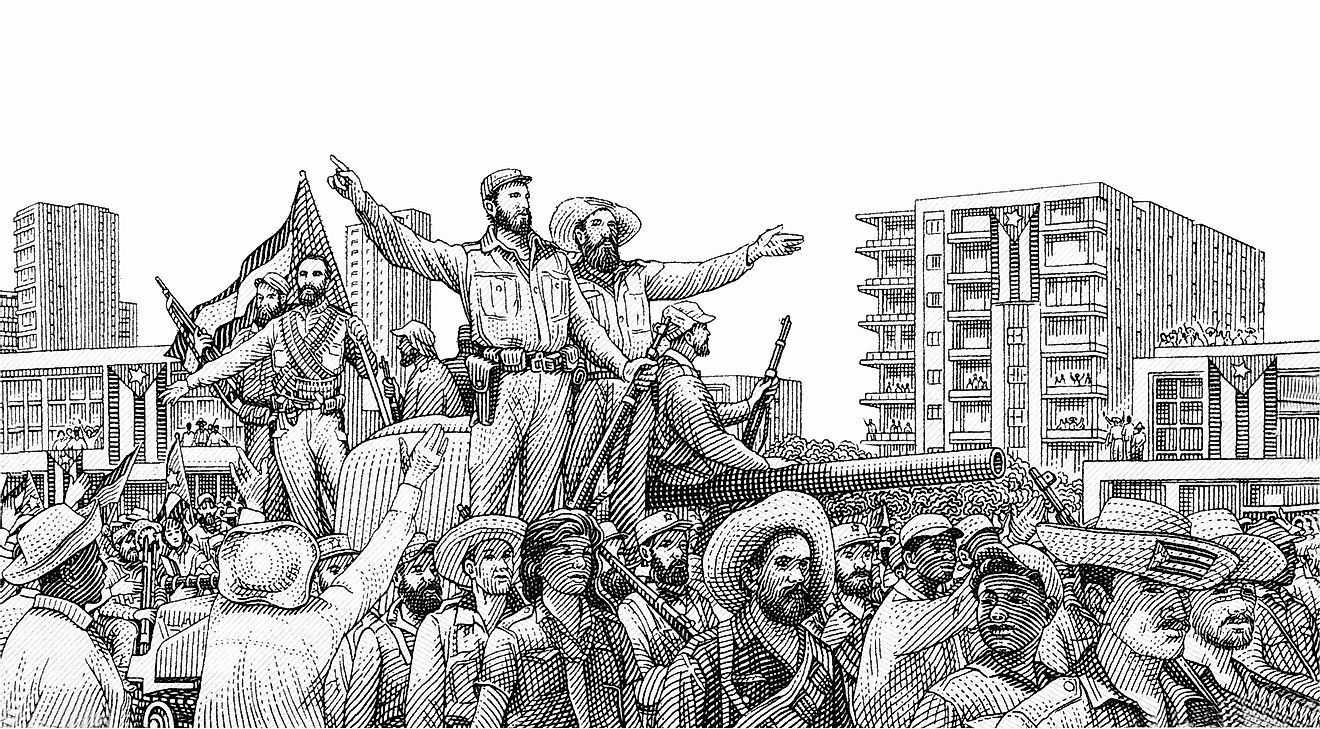What Is Manifest Destiny?

What Was Manifest Destiny?
Manifest destiny was the popularly held belief in the 19th century that US settlers were destined by God to expand the country’s territory. The term was first published in the United States Magazine and Democratic Review in the summer of 1845. Historians largely agree that the article was written by the magazine’s editor, John L. O’Sullivan, who stated it was the manifest destiny of the settlers to freely spread and develop the entire continent (given to them by “Providence”).
Supporters of this movement used three topics to encourage increased participation in manifest destiny. Those principal themes include: virtue of the country and its people, destiny to do the will of God, and mission to spread the American culture and way of life to the western region of the country. Not all individuals agreed with the concept of expansion and conquest of the west, however. Many important political figures, including Abraham Lincoln and Ulysses S. Grant, publicly expressed their disagreement with the notion.
Expansion of US Territory
The idea of manifest occurred just after the US had annexed the state of Texas. Despite its inability to achieve national consensus, manifest destiny was commonly cited following this act. It became particularly popular during the period between the War of 1812 and beginnings of the American Civil War in 1860. During this period of time, also referred to as territorial expansion, the US acquired the present-day states of Oregon, New Mexico, Arizona, California, and Alaska (among other states and territories). Manifest destiny was also utilized to support the attempt at taking control of Cuba from Spain in the 1850s.
Legacy of Manifest Destiny
Historians take different opinions about the influence and impact of manifest destiny. Some claim that it helped to shape the US into the country that it is today, while others claim that its influence has been romanticized by some authors. The idea of manifest destiny has, however, left a lasting legacy in the world. Thomas Jefferson, Abraham Lincoln, Theodore Roosevelt, Woodrow Wilson, Harry Truman, and George W. Bush have all utilized the rhetoric of an American objective to spread and defend democracy around the world.
This concept has shaped several political acts throughout history, including: Woodrow Wilson’s support of World War I in order to spread democracy, the US-led intervention and implementation of democracy in Japan and Germany after World War II, the US war in Afghanistan and Iraq in the 21st century, and Thomas Jefferson’s idea of an “Empire of Liberty”. Although the phrase “manifest destiny” has rarely been used in political speeches, its idea has continued to influence political ideology and the belief that the US is the “leader of the free world”.
Criticism of Manifest Destiny
One of the biggest criticisms behind the idea of manifest destiny is that it has been used to justify American imperialism. American imperialism is the belief and commonly accepted concept that the US government influences and controls the militaries, economies, and cultures of other countries around the world. This is the most common argument used by critics of US involvement in wars, disputes, and industries in foreign countries, particularly in the Middle East. In order to reject the negative connotation surrounding the terms “manifest destiny” and American imperialism, some academic authors created the phrase “nation building”. This term has commonly been used in discussions of American foreign policy.











